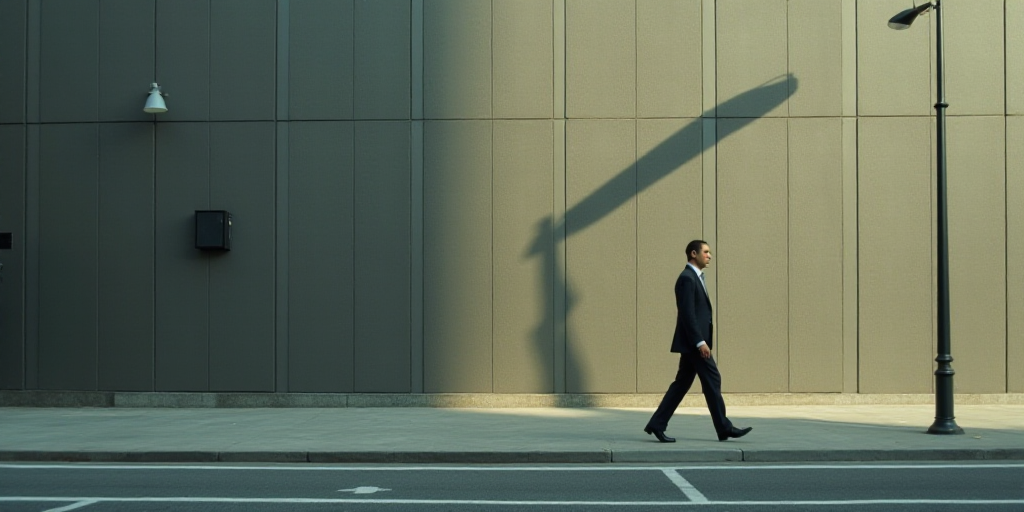Background on Kazuo Ueda and the Bank of Japan
Kazuo Ueda, the governor of the Bank of Japan (BOJ), has recently expressed concerns about the rising food prices that could push underlying inflation closer to the central bank’s 2% target. This statement comes as the BOJ maintains low interest rates, with inflation expectations ranging from 1.5% to 2%, the highest level in three decades, though still below their 2% objective.
Who is Kazuo Ueda?
Kazuo Ueda, born in 1962, is a Japanese economist and former government official who took office as the governor of the Bank of Japan in April 2018. With a background in international finance and monetary policy, Ueda has been tasked with steering Japan’s economy through various challenges, including deflation and an aging population.
Why is the Bank of Japan Relevant?
The Bank of Japan (BOJ) is the central banking institution of Japan, responsible for managing the country’s monetary policy. Its primary goals are to maintain price stability and support sustainable economic growth. Given Japan’s history of deflation and low growth, the BOJ has implemented unconventional monetary policies, such as quantitative easing and yield curve control, to stimulate the economy.
Key Points from Ueda’s Statement
- Inflation Concerns: Ueda highlighted the risk that rising food prices could push underlying inflation closer to the BOJ’s 2% target.
- Current Interest Rates: The BOJ maintains low interest rates, with inflation expectations between 1.5% and 2%, the highest in three decades but still below their objective.
- Impact of Rising Food Prices:
- General Inflation: Rising food prices, especially a 90% increase in rice costs, contribute to both overall and underlying inflation.
- Underlying Inflation Factors: Underlying inflation is typically influenced by economic improvement and labor market rigidity.
Context and Implications
Ueda’s warnings come amidst heightened economic risks stemming from increased U.S. tariffs. These rising trade barriers could negatively affect Japan’s export-oriented economy, potentially slowing growth and exacerbating inflationary pressures. The BOJ’s cautious stance reflects its commitment to maintaining price stability while navigating these complex economic challenges.
Key Questions and Answers
- Q: Who is Kazuo Ueda? A: Kazuo Ueda is the governor of the Bank of Japan, appointed in April 2018. He is a seasoned economist with a background in international finance and monetary policy.
- Q: What is the Bank of Japan’s primary goal? A: The BOJ aims to maintain price stability and support sustainable economic growth in Japan.
- Q: What are inflation expectations currently? A: Inflation expectations range from 1.5% to 2%, the highest in three decades, though still below the BOJ’s 2% target.
- Q: How could rising food prices impact inflation? A: Rising food prices, such as the 90% increase in rice costs, can contribute to both overall and underlying inflation by affecting economic growth and labor market conditions.
- Q: What economic risks is the BOJ currently monitoring? A: The BOJ is closely watching economic risks associated with increased U.S. tariffs, which could negatively impact Japan’s export-oriented economy.






